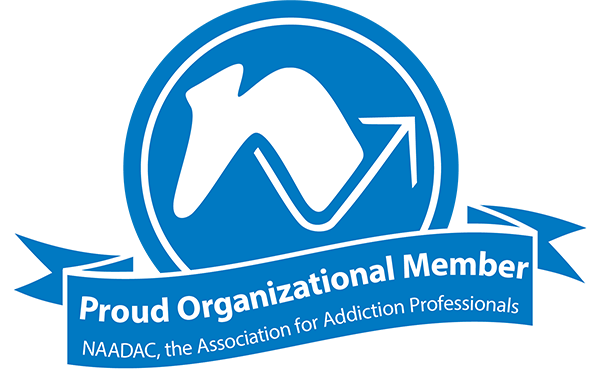[1] Co-Occurring Disorders and Other Health Conditions. (2023, July 26). Www.samhsa.gov. Retrieved from https://www.samhsa.gov/medications-substance-use-disorders/medications-counseling-related-conditions/co-occurring-disorders on November 24, 2023
[2] Menschner, C., & Maul, A. (2016). Key ingredients for successful trauma-informed care implementation. Retrieved from https://www.samhsa.gov/sites/default/files/programs_campaigns/childrens_mental_health/atc-whitepaper-040616.pdf on November 24th, 2023
[3] Center for Substance Abuse Treatment . (2019). Trauma-Informed Care: A Sociocultural Perspective. Nih.gov; Substance Abuse and Mental Health Services Administration (US). Retrieved from https://www.ncbi.nlm.nih.gov/books/NBK207195/ on November 24th, 2023
[4] Khoury, L., Tang, Y. L., Bradley, B., Cubells, J. F., & Ressler, K. J. (2010). Substance use, childhood traumatic experience, and Posttraumatic Stress Disorder in an urban civilian population. Depression and Anxiety, 27(12), 1077–1086. Retrieved from https://doi.org/10.1002/da.20751 on November 27th, 2023
[5] Pumariega, A. J., Jo, Y., Beck, B., & Rahmani, M. (2022). Trauma and US Minority Children and Youth. Current Psychiatry Reports, 24(4), 285–295. Retrieved from https://doi.org/10.1007/s11920-022-01336-1 on November 27th, 2023
[6] He, J., Yan, X., Wang, R., Zhao, J., Liu, J., Zhou, C., & Zeng, Y. (2022). Does Childhood Adversity Lead to Drug Addiction in Adulthood? A Study of Serial Mediators Based on Resilience and Depression. Frontiers in Psychiatry, 13(13). Retrieved from https://doi.org/10.3389/fpsyt.2022.871459 on November 27th, 023
[7] Karl, S. (2021, April 13). The intersection of childhood trauma and addiction. Counseling Today. Retrieved from https://ct.counseling.org/2021/04/the-intersection-of-childhood-trauma-and-addiction/ on November 27th, 2023
[8] US Department of Veteran Affairs. (2014). Treatment of co-occurring PTSD and substance use disorder in VA – PTSD: National center for PTSD. Va.gov. Retrieved from https://www.ptsd.va.gov/professional/treat/cooccurring/tx_sud_va.asp on November 27th, 2023
[9] Flanagan, J. C., Korte, K. J., Killeen, T. K., & Back, S. E. (2016). Concurrent Treatment of Substance Use and PTSD. Current Psychiatry Reports, 18(8). Retrieved from https://doi.org/10.1007/s11920-016-0709-y on November 27, 2023
[10] Reeves, E. (2015). A Synthesis of the Literature on Trauma-Informed Care. Issues in Mental Health Nursing, 36(9), 698–709. Retrieved from https://doi.org/10.3109/01612840.2015.1025319 on November 27, 2023
[11] SAMHSA. (2022, September 27). The Case for Screening and Treatment of Co-Occurring Disorders. Www.samhsa.gov. Retrieved from https://www.samhsa.gov/co-occurring-disorders on November 27, 2023









